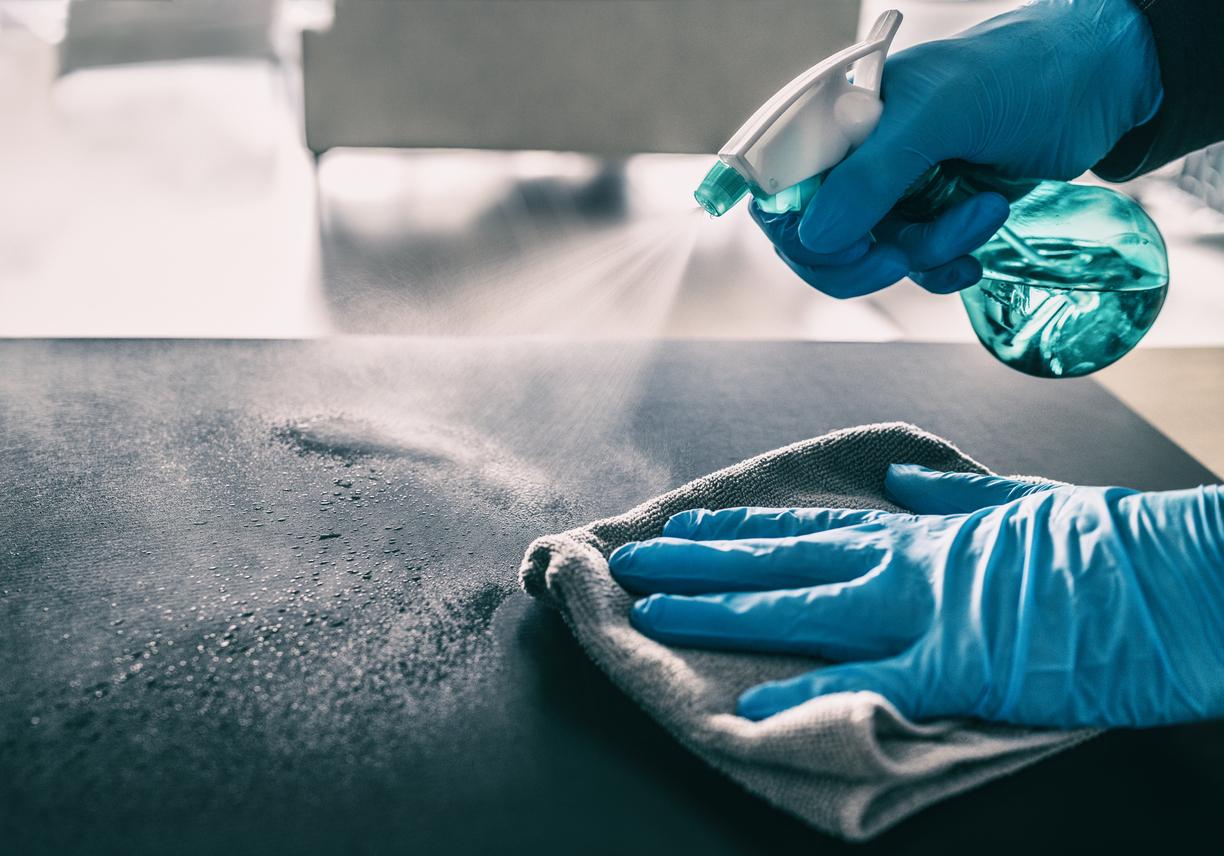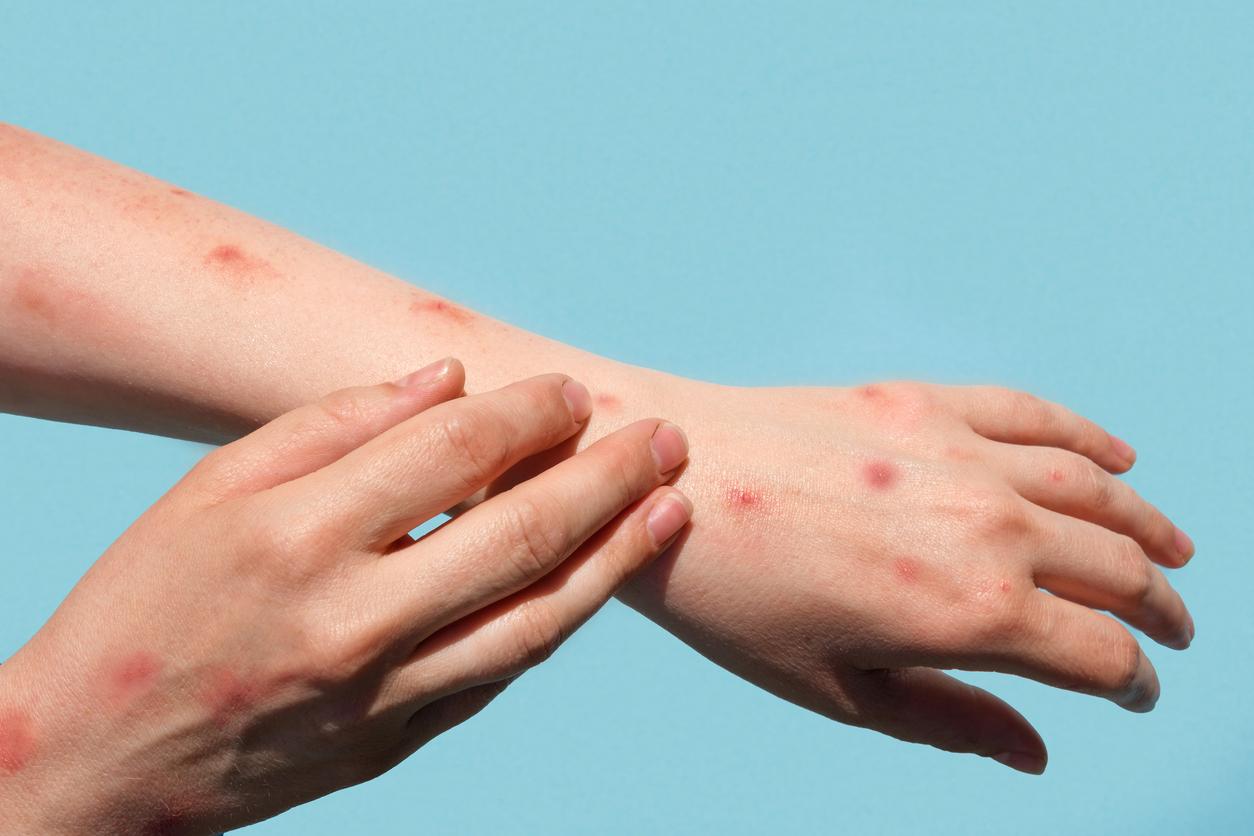In a published report this Monday February 11, the High Authority of Health (HAS) gives its opinion on the reimbursement by the Social Security of tests predictive of the risk of breast cancer recurrence. The examination helps distinguish between women who need and do not need a chemotherapyafter the operation of the tumor. In 2017, a study found it effective in assessing a possible relapse.
However, for the time being, the public authority considers his care to be premature. However, it recommends extending, subject to conditions, the funding to support innovation. In fact, in its note justifying its unfavorable opinion, it recognizes “The potential interest of these tests as a therapeutic decision-making aid”.
Useful tests for a specific population
In order to review its decision, the HAS is calling for a comparative study of four tests nicknamed “genomic signatures” and available on the market (Mammaprint, Oncolype Dx, Prosigna and Endopredict). She asks that this clinical research concerns “The target population of patients most likely to benefit from it, that is to say between 2,000 and 4,000 women per year according to the calculations that we have been able to make”, specifies to AFP taken over by The world Cédric Carbonneil, head of the professional acts of authority.
Because for the moment, it considers that the care teams have sufficient elements to set up chemotherapy or not, and this without having recourse to predictive tests. According to the organization, the review would be useful for a target population of women – well defined in its report – which would represent “5% to 10% of some 40,000 localized invasive cancers”. HAS further notes that “For one in five women – or even one in four women – the decision to implement adjuvant chemotherapy differs according to [le test utilisé] “.
“Too much chemotherapy in France”
The French Society of Predictive and Personalized Medicine (SFMPP) ensures that studies on the subject provide a sufficient level of evidence to justify reimbursement of these predictive tests. In France, 55,000 new cases of breast cancer are identified each year. And too many patients would undergo the heavy treatment that is chemotherapy, denounces the organization. “We do too much chemotherapy in France, thus estimates Professor Roman Rouzier, of the Institut Curie, always quoted by The world. Avoiding unnecessary therapy is obviously a major benefit. “
Read also :
- Breast cancer: a saliva test to estimate the risk?
- Breast cancer: a doctor’s rant


















